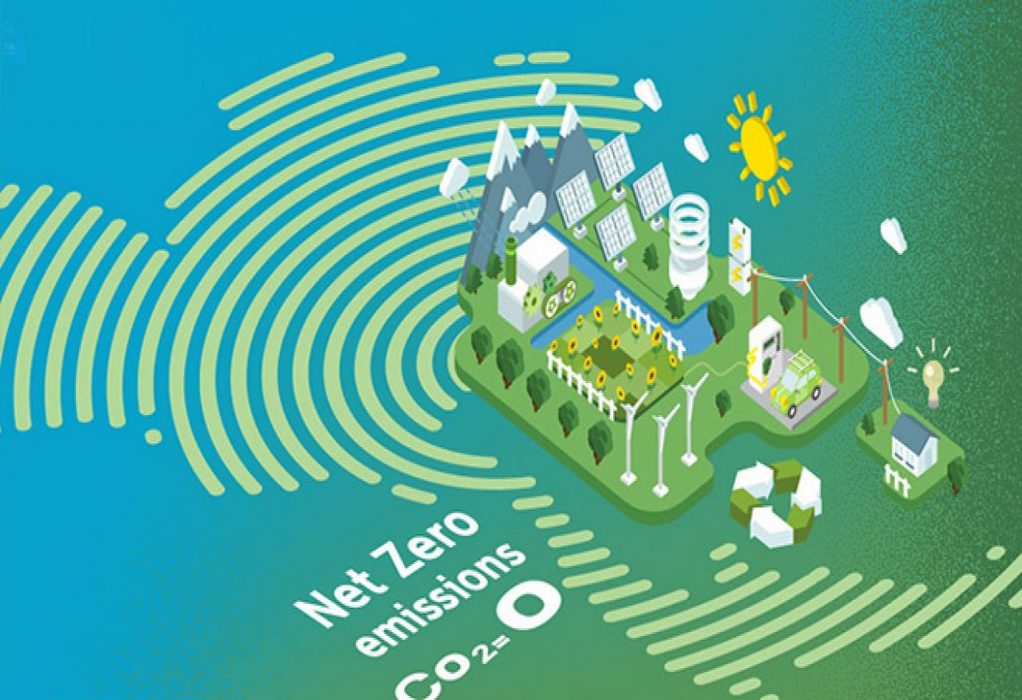Nokia and stc confirm the adoption of energy-efficient solutions, enabling stc to reduce its carbon emissions and support its net-zero targets.
The two signed a Memorandum of Understanding (MoU) that will see them work together across four areas: climate, society, digitalisation, and future of work with the aim of reducing carbon emissions and adopting sustainable practices.
As part of the collaboration, stc will deploy solutions from Nokia, including a 5G Air-Scale Baseband unit, plugin card with Nokia Reefshark chipset, EdenNet SON Energy Saving Management module and 5G software structures, that lower energy consumption. The deployment of baseband plugin card helps stc save 805 MWh energy and brings CO2 emissions down by 570 tons annually.
Developed in collaboration with Huawei, the single-antenna link provides up to 10Gbps using the normal band; link capacity depends on the used packet size. The solution decreases the number of antennas from three to one antenna resulting in a 67% reduction in the tower load, while the Radio HW load is reduced by 70%.
In an industry first BICS completed the world’s first intercontinental 5G Standalone roaming connection between two live networks in Europe and the Middle East in collaboration with stc Kuwait.
In other news, Nokia announced plans to open a new 5G and 6G research and development centre in Amadora, Portugal.
The centre will create 100 new jobs within the next two years and will advance research in technologies that are vital components of current 5G and future 6G networks.
Tags: Emissions, NetZero, Nokia, stc



Recent Posts
Seafarer Wellbeing Highlighted in New Decarbonisation Guidance from ISWAN
India Outlines Green Hydrogen Strategy at World Hydrogen Summit 2025 in Rotterdam
Port of Rotterdam and EDGE Navigation Partner to Advance Liquid Hydrogen Infrastructure
Finnlines Launches Low-Carbon “Green Lane” Sea Transport Service with Up to 90% Emission Cuts
Microsoft Teams Up with NORDEN to Cut Maritime Supply Chain Emissions
Höegh Autoliners’ Fifth Aurora-Class PCTC Enters Service with Multi-Fuel Capability
Next-Gen Marine Propulsion: MAN Launches Methanol Super Engine
Port of Amsterdam Marks First Ship-to-Ship Methanol Bunkering